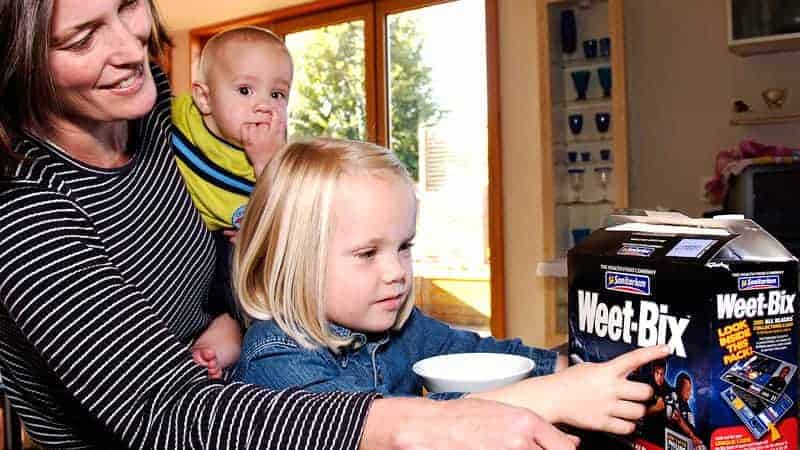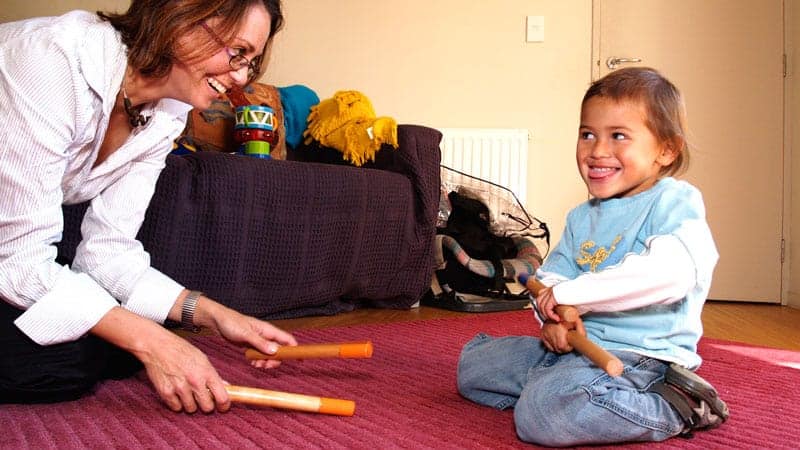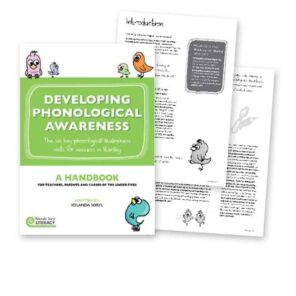About phonological awareness
The term phonological awareness is a general term and means awareness of the sound structure of words. Children with phonological awareness are aware of the sounds in speech. They have the ability to hear and discriminate the sounds around them. They can hear rhythm, rhyme and alliteration and understand that spoken words have parts.
It has been shown repeatedly that children who have good phonological awareness at school entry have better reading outcomes than children who do not. UK researchers Lynette Bradley and Peter Bryant found that a pre-schooler’s phonological aptitude predicts his or her reading three years later. So early phonological awareness is the strongest indicator of later reading success. As US researcher Marilyn Adams was aware in 1994, pre-schoolers given training in phonological awareness show enhanced success in their later reading acquisition. Also, a child’s future ability to spell is greatly enhanced by phonological awareness because, as US educator Wiley Blevins notes: “Whereas phonics is characterised by putting together sounds to form words that are printed, spelling involves breaking down spoken words into sounds in order to write them.” So learning to read through phonics also helps a child with their spelling in the future.
The parent and teacher checklist
Can my child or pupils …

Book a training course
Our Developing Phonological Awareness (DPA) course is aimed at teachers working with children aged 0-5 or older children who require additional support at the earliest level of literacy development.
The course includes an essential handbook for teachers, parents and carers of the under fives packed with practical easy and fun phonological awareness activities.
Supporting parents to teach
Parents have a vital role as ‘first teachers’. What you do in the years spent with your child before they start school has a huge impact on their school success. Children who start school with phonological awareness are at a great advantage.
Parents know that for children to be successful in literacy, they need to be able to work out new words, sounding them out for reading and spelling. Many New Zealand schools do not include explicit phonics teaching as part of their reading programme. Often it is the parent who will teach their child how to use phonics if it is not taught at school or the teacher isn’t trained in it.
View our helpful range of great suggestions for parents with babies and children of all ages improve their learning within the home.


